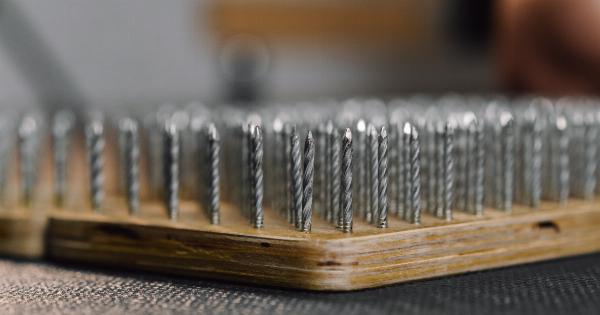In recent years, advancements in biotechnology and genetic engineering have presented us with the possibility of cloning animals.
While cloning has been a topic of much debate and controversy, it has also become a lucrative industry for some corporations. One such corporation in China has been at the forefront of cloning cats and dogs, aiming to satisfy the growing demand for clones as pets.
This article will explore the cloning practices carried out by this Chinese corporation and discuss the ethical concerns associated with this emerging field.
The Cloning Process
The cloning process employed by the Chinese corporation involves several intricate steps. Firstly, a donor cat or dog is selected, and a small tissue sample is taken. This sample contains the animal’s DNA.
Next, the DNA is isolated, and its nucleus is extracted. The corporation then acquires an egg cell from a surrogate mother, removes its nucleus, and replaces it with the DNA from the donor animal. This reconstructed egg is then stimulated to initiate cell division and embryo development.
Finally, the embryo is implanted into a surrogate mother, where it develops until birth.
Success Rates and Challenges
While the cloning of cats and dogs may sound like a straightforward process, it is not without its challenges. The Chinese corporation has reported mixed success rates in their cloning endeavors.
The success rate for cats is relatively higher compared to dogs, with around 40% of cloned cat embryos resulting in live births. However, the success rate drops significantly for dogs, with only around 15-20% of cloned dog embryos reaching full-term and surviving.
These low success rates are attributed to the complexities involved in reproductive biology and the difficulty in manipulating dog embryos.
Advantages of Cloning
The rationale behind cloning pets lies in the desire to replicate a beloved companion. Cloning allows pet owners to potentially preserve the unique genetic makeup, appearance, and personality traits of their pets.
For some individuals, having a genetically identical clone of their deceased pet brings solace and a sense of continuity. Cloning also offers the opportunity to produce animals with specific desirable traits, such as superior athleticism or disease resistance.
Ethical Concerns
The cloning of cats and dogs raises significant ethical concerns. One of the primary concerns is the welfare of the surrogate mothers used in the cloning process. These animals may be subjected to repeated invasive procedures and potential health risks.
Additionally, the cloning industry may contribute to pet overpopulation and further strain animal shelters and rescue organizations. Cloning also raises questions about the uniqueness and individuality of animals, potentially reducing them to mere commodities.
Legal Considerations
China, where this corporation is based, has relatively lax regulations regarding animal cloning. While some countries, such as the European Union, have banned commercial cloning of animals, China allows it under certain conditions.
Despite the absence of comprehensive legislation, animal welfare organizations and activists continue to advocate for stricter regulations and oversight in the cloning industry.
Public Perception and Demand
The public perception of cloning pets is varied. While some individuals find the concept intriguing and exciting, others view it as unnecessary and ethically questionable.
However, the demand for cloned pets has been steadily increasing, particularly among those looking to recreate a deceased pet. The Chinese corporation aims to cater to this demand by offering its cloning services to pet owners worldwide.
Future Implications
The cloning of cats and dogs by corporations sets a precedent for the growing industry of pet cloning. As technology continues to advance, it is likely that cloning methods will become more refined, leading to increased success rates and reduced costs.
However, it is essential to address the ethical concerns surrounding the industry and develop comprehensive legislation to ensure the welfare of animals involved in these practices.
Conclusion
The cloning of cats and dogs by a corporation in China represents a significant development in the field of biotechnology.
While the cloning process offers potential advantages, including preserving beloved pets’ genetic makeup, it also raises ethical concerns and challenges. As the cloning industry continues to evolve, it is crucial to strike a balance between technological advancements and responsible practices that prioritize animal welfare and ethical considerations.































